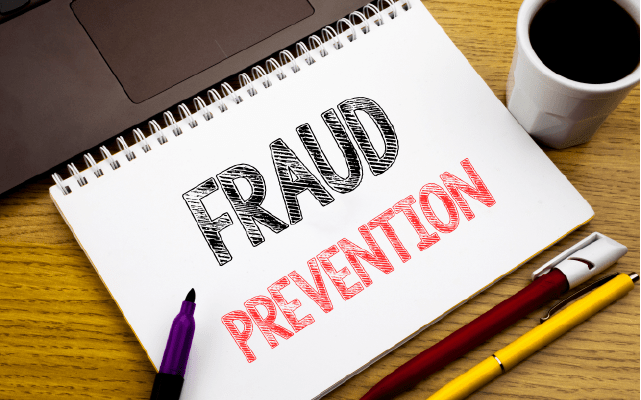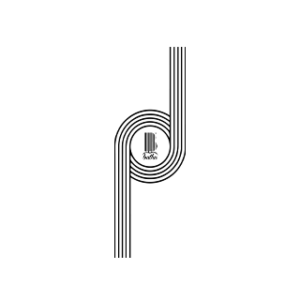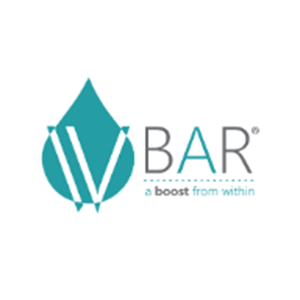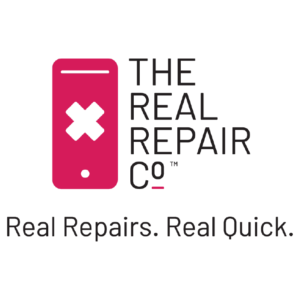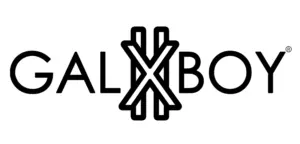Not Today, Hacker: 10 Ways to Prevent Identity Theft
If we’re going to be glued to our screens we better have some knowledge on how to prevent identity theft. You know it, I know it. It’s just the simple truth.
During a time where most of us are heavily reliant on technology to work or stay connected to family and friends, there has been a spike in global identity fraud, with scammers taking advantage of fears and anxiety around the Coronavirus pandemic.
Examples of Identity Theft
Some of the most common scams doing the rounds include fake charities, phishing emails and smses, and fake health products, all designed to get us to unwittingly share our personal information.
Credit bureau Transunion says identity theft is one of the fastest growing crimes in the world, with experts believing that someone’s identity is stolen somewhere in the world every two seconds.In the US, $13.4 million has been lost to Coronavirus-related fraud since the beginning of the year, and South Africa has reported a significant rise in Covid-19 related fraud.
How do you know if there’s been fraud on your identity?
- There are purchases or withdrawals you haven’t made on your bank statements
- You discover you have a poor credit rating or refused credit as a result you haven’t incurred
- You receive bills or statements for things you haven’t purchased or for loans and credit cards you haven’t applied for.
- A government organisation may inform you that you are receiving a benefit that you never applied for.
In the face of this increase in scams, it is more important than ever for you to ensure your personal information is protected. We outline 10 simple but very important tips to help ensure your identity is protected amid these uncertain times.
Avoiding Phishing = Preventing Identity Theft
If you think a text or email is suspicious, delete it immediately. Unless you know the person, be suspicious of every email or text you receive, specifically those asking for your personal and confidential information. Legitimate organizations, especially your bank, will never request sensitive information via email or SMS. You need to also ensure you do NOT click on ANY LINKS!
Scammers like to trick their targets into clicking on a seemingly benign URL that actually leads to a malicious domain. If you mistakenly click on a link in a suspicious email and think your account may be compromised, change your password immediately.Lastly, beware of emails that appear to originate from within your own company. This is referred to as ‘spearphishing’ where scammers employ advanced tactics to determine details of your role and your company in order to present specific information most employees wouldn’t bother to double-check.
Keep a close eye on all transactions
Pay attention to the details. Look closely at your bank statements to make sure you recognize all transactions. Fraudulent activity often goes unnoticed when the purchases are small. Don’t just check bank statements, regularly – check any account that involves money, including mobile phone and utility bills to make sure no extra services have been added.
Be selective of where you shop
Do your research before you shop online. Look for trusted payment methods and shopping carts when you checkout online.Check that you are on the authentic site before entering any personal information.
Beef up your passwords
It is important to use a strong password that is difficult to hack. Consider incorporating characters at regular intervals and use different passwords for different sites. Ensure you also change passwords frequently on all accounts, and turn on two-factor authentication wherever possible. There are countless password storage apps, password creators and encrypted platforms to help you send sensitive information. Use them.
Never share your personal information
The easiest way to prevent identity theft is to never give enough clues to your identity. When online, think twice before sharing certain kinds of information, even if these sites have verified security measures in place. Social media and apps have made it easier for criminals to commit identity fraud. Set your social media privacy settings to private. Ensure you’re only sharing your photos and posts with people you know and trust.Don’t accept ‘friend’ requests from strangers. Your birthday, physical address, ID number and mobile number are commonly appropriated by identity thieves to answer your security questions.
Monitor your credit report
Less than 5% of South African consumers make use of the legislation which entitles them to obtain their credit report free of charge from every credit bureau every year. You can stay on top of any unauthorised or suspicious activity by monitoring your credit report. For example, you’ll be able to view all accounts opened in your name.
Avoid unsecured WiFi
Free WiFi in a public space is a lifesaver. We all know and love it. When we’re travelling (sigh. remember travelling?), we may even depend on Free WiFI. However, this unsecured connection is unencrypted, leaving you vulnerable to hackers. Therefore, it is critical to avoid doing something personal or sensitive on public WiFi as it may not be secure. Some wireless hotspots are however safe to use. Hotspots that require registration with a log-in password are secure and should prevent identity theft.
Ensure you’re constantly in the know
Enable alerts on your personal and business financial accounts so you are notified whenever transactions occur.
Tear up all sensitive personal docs
Tear, cut up or shred all old files, bills, expired credit cards and statements before throwing them in the bin.
Read our other articles that help you stay clear of destructive debt cycles and bad shopping habits:
4 really bad online shopping habits and how to beat them
Getting Out of Credit Card Debt in South Africa
Payment Options for online shopping that don’t require credit

